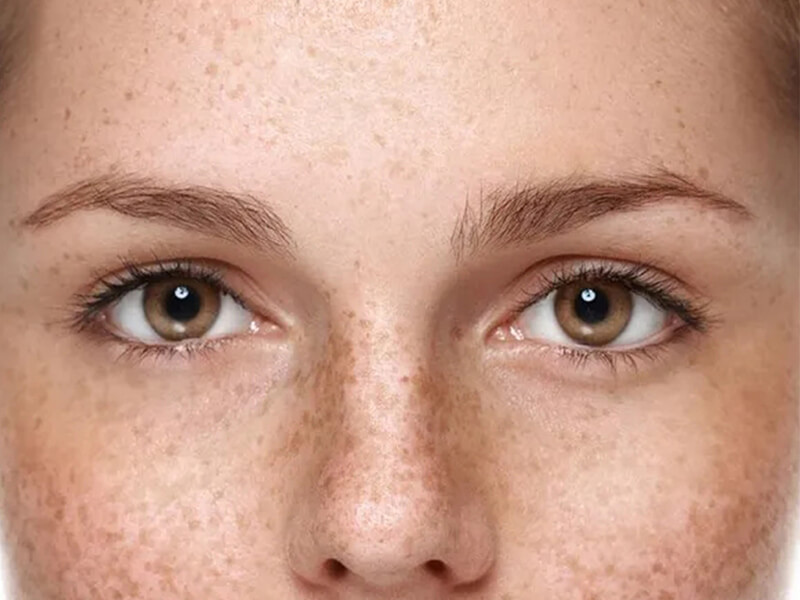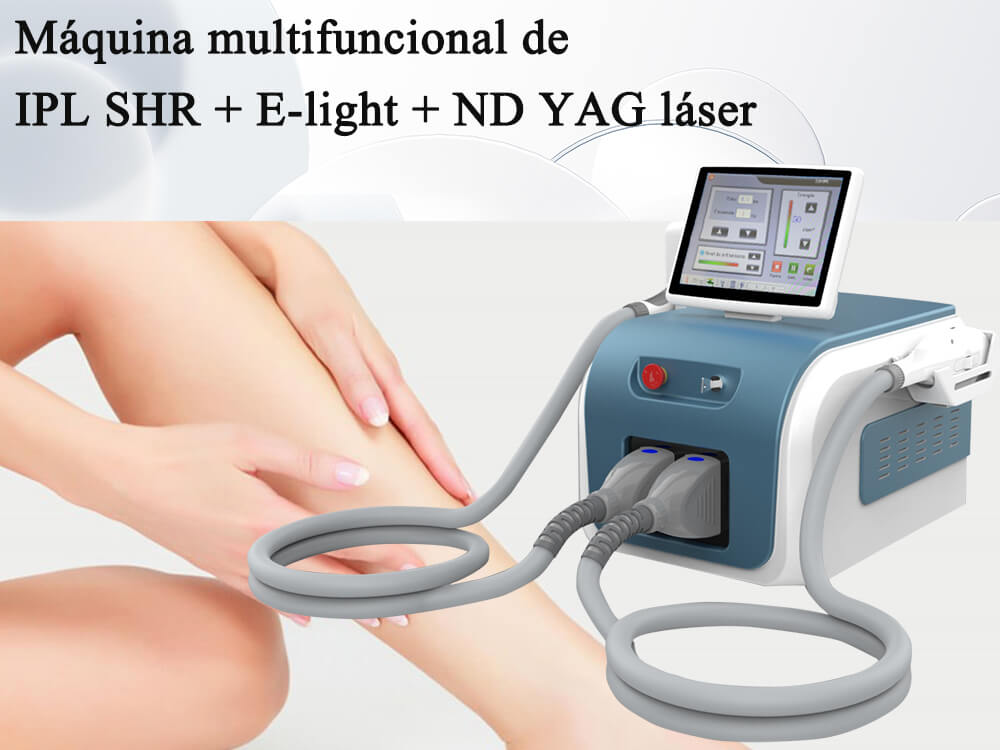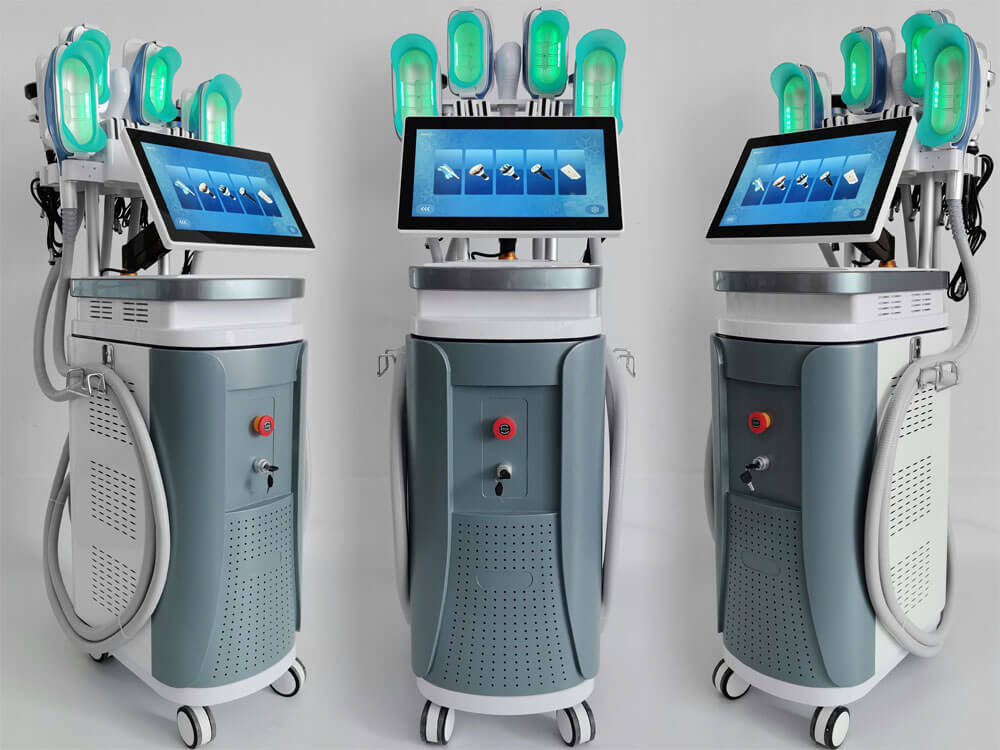How to deal with seasonal allergies
Autumn is the season when the skin is most prone to problems! People with healthy or sensitive skin are prone to allergies.
Summer and autumn seasons are dry, and the skin is prone to symptoms of dryness and dehydration. People with sensitive skin must pay attention to skin care methods. What about skin allergies in autumn?
The season change is a highly sensitive period. The skin tends to change with the climate. The temperature difference changes greatly or the dry and wet seasons alternate. The human body will experience some symptoms of physical discomfort during the temperature change process. Skin allergy symptoms are one of them.

How to treat skin allergies
1. Find the allergen
What about skin allergies? If you want to prevent the symptoms of skin allergies, you must first find out the cause of the skin allergies. Try to avoid skin irritation and discomfort in your daily life. For red, swollen and itchy skin, you can use iced pure water to soak the cotton pad Wet compress on the allergic area, or use a compressed mask to give the skin a simple hydrotherapy to effectively improve skin discomfort.
2. Allergy self-help
After finding out the cause of allergies, first avoid re-irritation, avoid eating spicy fried food, do sun protection when going out, and minimize beauty measures such as face steaming, massage, and exfoliation.

Precautions in daily life
1. Reduce external contact
Seasonal skin allergies generally have obvious seasonal onset characteristics, and the high-incidence seasons are generally spring and autumn, because there are more allergens in the air in these two seasons, and frequent contact with allergens will cause skin allergies. Therefore, patients should minimize external contact. If they need to go out, they should wear masks and scarves to avoid direct skin contact with allergens, which can reduce allergic reactions.
 2. Reasonable skin care
2. Reasonable skin care
In case of seasonal skin allergies, patients should also take reasonable skin care measures. If the allergies are serious, they should temporarily stop using cosmetics, clean the face carefully with warm water every day, and wash the face carefully after going out to reduce the stimulation of allergens. Try not to use skin care products with complex ingredients Do not wear makeup until you feel better.
3. Adjust diet
Try to eat light food, and you can eat more fresh fruits and vegetables. This kind of food contains water and vitamins, which is good for skin health and can alleviate allergic reactions to a certain extent; you should not eat spicy and irritating food such as chili and pepper, seafood and various Greasy food should also be avoided. This kind of food is highly irritating and can easily cause allergic reactions, which is not good for the recovery of the disease.


